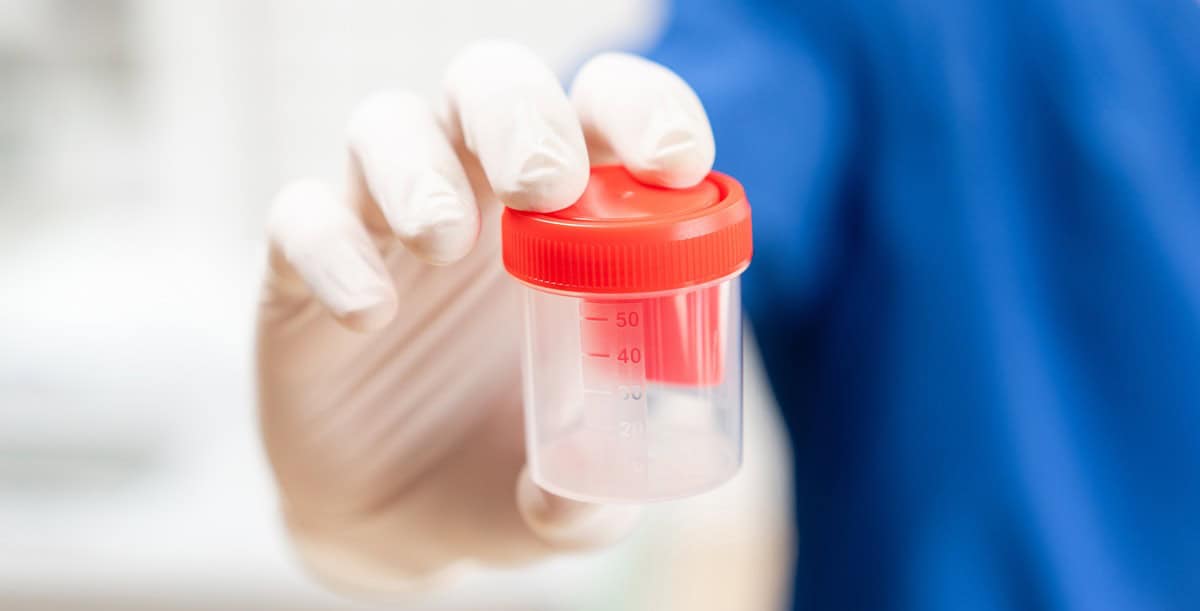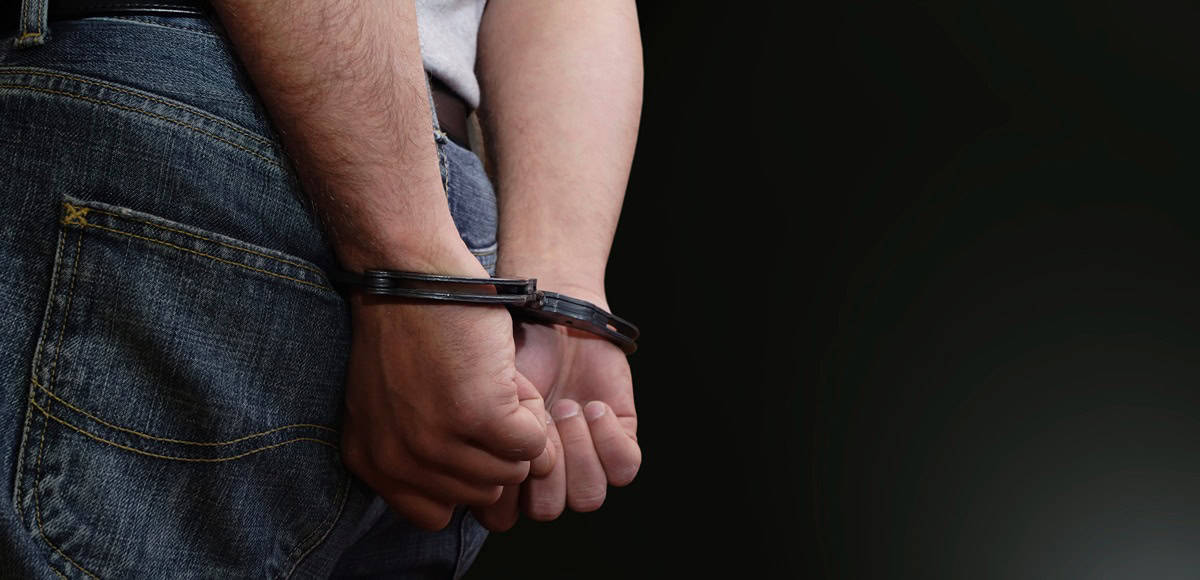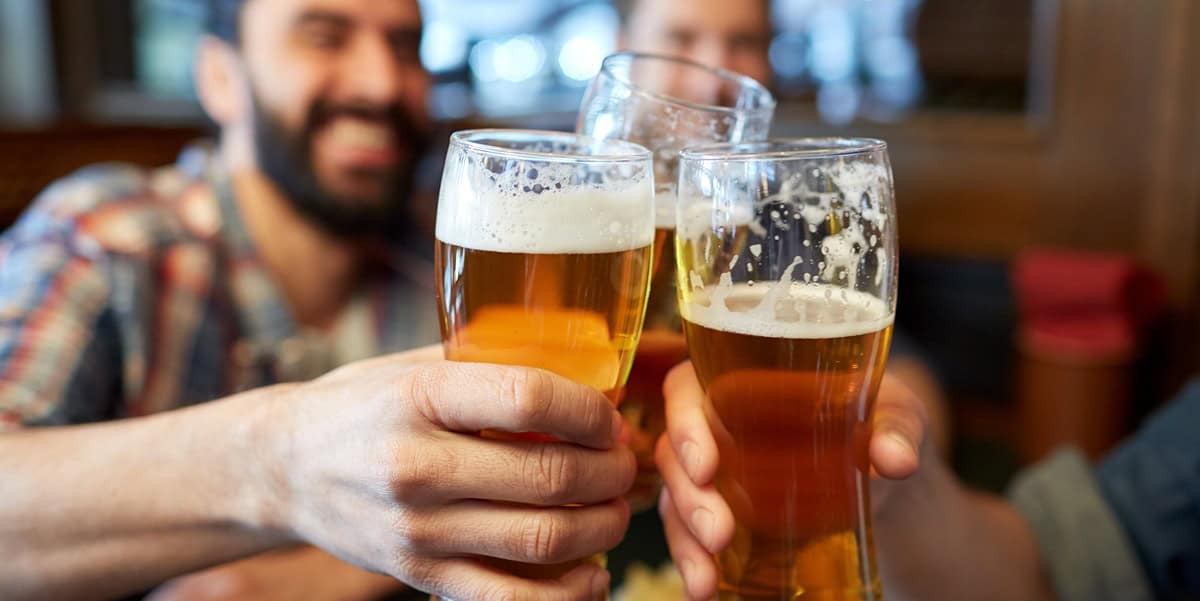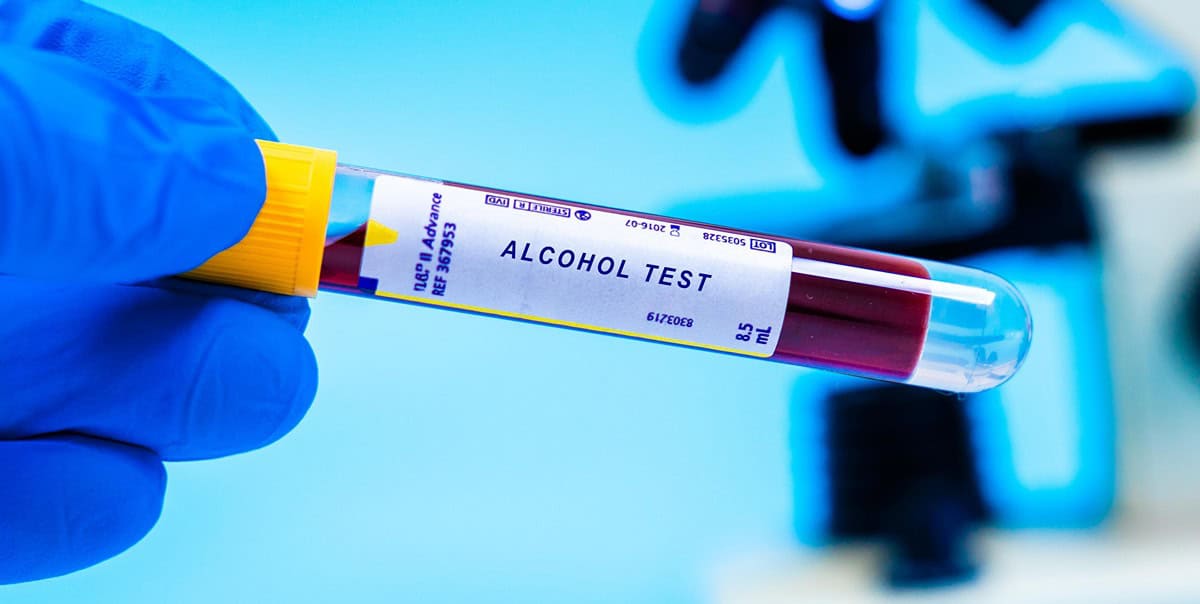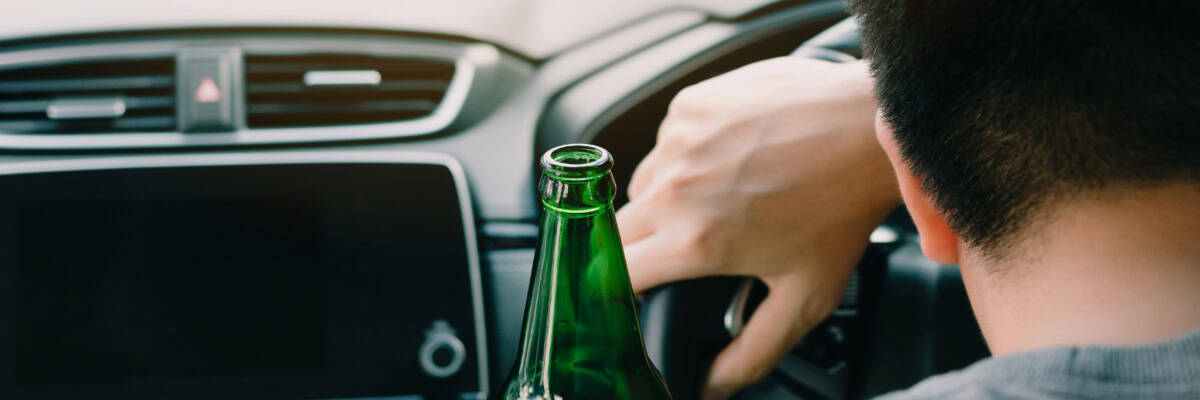Evaluating the Role of Chemical Testing in Super Extreme DUI Cases
Driving under the influence is a serious offense with severe consequences, particularly in the case of Super Extreme DUI charges in Arizona.
One pivotal aspect that typically plays a major role in such cases is chemical testing.
These tests, which include breath, blood, and urine analysis, aim to establish a driver’s blood alcohol content (BAC), providing critical evidence in a DUI case.
However, the science and process behind these chemical tests, their accuracy, and their legal implications can be complex. Let’s delve into the intricacies of these factors and their role in Super Extreme DUI cases.
This article will cover the following:
- Understanding Super Extreme DUI Charges under Arizona Law
- Arizona’s Legal Limit for Blood Alcohol Content (BAC)
- The Science Behind Chemical Testing for DUI Cases
- The Role of Chemical Testing in Super Extreme DUI Cases
- The Accuracy and Reliability of DUI Chemical Tests
- Arizona’s Implied Consent Law and its Impact on Chemical Testing
- Challenging the Validity of Chemical Test Results in Super Extreme DUI Cases
- The Role of Defense Attorneys in Navigating Super Extreme DUI Cases
- Case Studies: Successful Defense Against Super Extreme DUI Charges
Did you know that according to the Arizona Department of Public Safety, there were over 26,000 DUI arrests in 2021 alone? This startling statistic underscores the gravity of DUI offenses in the state, making the discussion surrounding it all the more relevant.
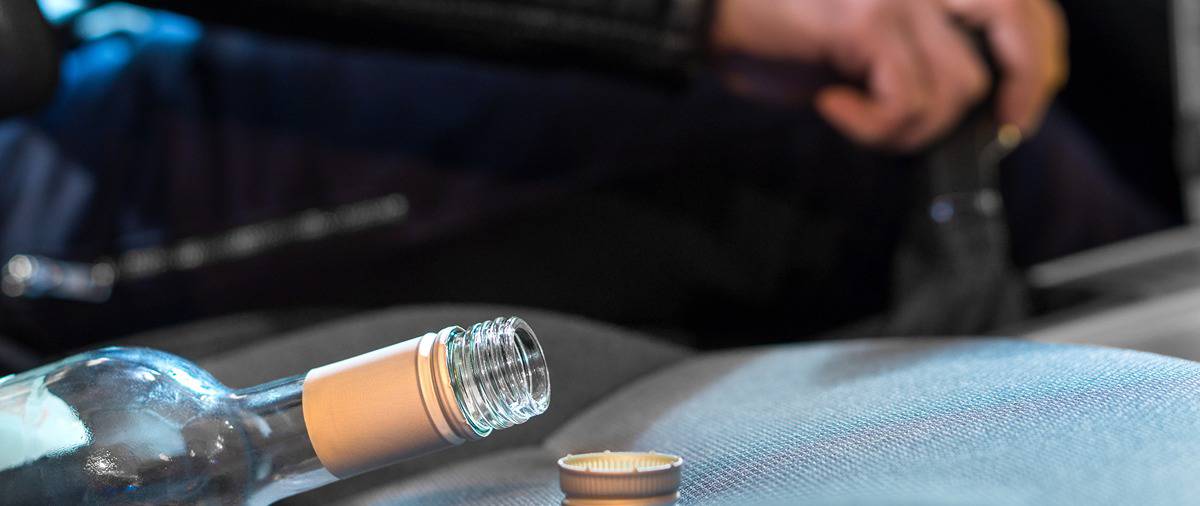
Understanding Super Extreme DUI Charges under Arizona Law
Arizona Revised Statute §28-1382 designates a DUI as “Super Extreme” when a driver’s BAC measures 0.20% or more. This is almost two and a half times the standard legal limit for BAC in many states, including Arizona.
The charges associated with this are severe, often resulting in heavy fines, mandatory jail time, and the installation of an ignition interlock device.
Super Extreme DUI is a unique classification under Arizona law, distinguishing it as one of the strictest states for combating DUI offenses.
The emphasis on the BAC levels in this charge underscores the importance of chemical testing, which is a crucial piece of evidence in proving the case against the accused.
Arizona’s Legal Limit for Blood Alcohol Content (BAC)
In Arizona, according to Arizona Revised Statute §28-1381, it is unlawful to drive or physically control a vehicle in the state if the person has a BAC of 0.08% or more. However, the limit is set at 0.04% for commercial vehicle drivers.
Being charged with a Super Extreme DUI in Arizona isn’t about crossing the 0.08% threshold. It’s about soaring past it to reach 0.20%—a level at which the driver is significantly impaired.
As a DUI defense lawyer at The Shah Law Firm, I can confirm that the stakes, in this case, are incredibly high, as are the penalties. And the BAC level becomes a critical factor, determined through chemical testing.

The Science Behind Chemical Testing for DUI Cases
Chemical testing for DUI cases can seem like a complex science. But at its core, it’s about identifying the concentration of alcohol in your system.
In Arizona, this is usually done through blood, breath, or urine tests, each with its methodology and degree of accuracy.
- The blood test, often considered the most accurate, measures the amount of alcohol in a driver’s bloodstream. It’s typically performed in a medical setting, where a sample is collected and sent to a laboratory for analysis.
- On the other hand, breath tests indirectly estimate BAC by measuring alcohol in one’s breath. This is done using a device called a breathalyzer. While this method is less invasive than a blood test, it’s also subject to more variables affecting accuracy.
- Finally, there’s the urine test, less commonly used for DUI cases in Arizona. It’s often viewed as the least accurate method, as alcohol levels in urine don’t always correlate directly with impairment.
The Role of Chemical Testing in Super Extreme DUI Cases
The essence of a Super Extreme DUI charge lies in the BAC level, where chemical testing becomes crucial.
According to Arizona Revised Statute §28-1321, an officer can request a chemical test if they have reasonable grounds to believe that a person was driving under the influence.
In a Super Extreme DUI case, where the alleged BAC is exceptionally high, the test results often form the cornerstone of the prosecution’s case.
If the results indicate a BAC of 0.20% or more, they can be used to substantiate the Super Extreme DUI charges and potentially lead to a conviction.
However, just because the chemical test results show a high BAC doesn’t guarantee a conviction.
Many factors are at play, including the accuracy and reliability of the test itself.
The Accuracy and Reliability of DUI Chemical Tests
Just as every coin has two sides, so does the utilization of chemical testing in Super Extreme DUI cases.
While these tests can provide seemingly clear-cut evidence, their accuracy and reliability are often questioned.
Blood tests, although generally considered the most accurate, are not infallible. They can be affected by improper handling, storage conditions, and even the technique used during collection. Mix-ups in the laboratory or contamination of the sample can also lead to inaccurate results.
Breathalyzer tests are subject to their own set of issues. Factors such as mouth alcohol contamination, certain medical conditions, and even the use of some over-the-counter medications can significantly skew the results.
It’s important to note that according to Arizona Revised Statute §28-1321, the methods used for chemical tests must meet scientifically reliable standards.
As such, any question regarding the accuracy and reliability of these tests can potentially impact the outcome of a Super Extreme DUI case.

Arizona’s Implied Consent Law and its Impact on Chemical Testing
Arizona has an “implied consent” law (Arizona Revised Statute §28-1321).
This means that by operating a vehicle in the state, you automatically agree to submit a chemical test if you’re suspected of driving under the influence.
Refusal to submit to a chemical test can have serious repercussions, including the immediate suspension of your driving privileges for 12 months or 24 months for a second refusal within 84 months.
It’s worth noting that these penalties apply regardless of whether you are subsequently found guilty of DUI.
However, refusal to take a test doesn’t mean the authorities won’t get a sample. Law enforcement can sometimes obtain a warrant to compel a blood draw. This is common in Super Extreme DUI cases, where the stakes are high.
Challenging the Validity of Chemical Test Results in Super Extreme DUI Cases
One of the most critical roles a DUI defense lawyer plays in Super Extreme DUI cases is challenging the validity of the chemical test results. In the eyes of the court, these results are critical pieces of evidence. But remember, they’re not infallible.
One line of defense is examining the chain of custody for blood samples. This involves scrutinizing the process from when the sample was taken through storage to when it was tested in the lab. Errors or discrepancies in this chain could render the results invalid.
Another avenue for defense lies in challenging the administration and accuracy of the breathalyzer test. Was the device correctly calibrated? Was the test administered properly? Are there any medical conditions or other factors that could have affected the results? These are all questions an experienced DUI defense lawyer from The Shah Law Firm can help explore.
It’s worth noting that per Arizona Revised Statute §28-1322, any person tested using breath or blood methods shall be released from custody if the results exceed the legal limit. In Super Extreme DUI cases, challenging these results could be a game-changer.
The Role of Defense Attorneys in Navigating Super Extreme DUI Cases
The gravity of Super Extreme DUI charges, coupled with the complexity of Arizona’s DUI laws, makes the role of a DUI defense attorney invaluable.
When facing the potential of severe penalties, having an experienced defense lawyer from The Shah Law Firm can make a significant difference.
Your attorney will examine the details of your case, looking for potential weaknesses in the prosecution’s evidence.
This can include questioning the accuracy of chemical tests, the procedure followed during your arrest, and whether there was a legitimate reason for the traffic stop in the first place.
Furthermore, an experienced defense attorney understands the intricacies of the legal process. They can negotiate with prosecutors, argue motions in court, and represent you during the trial. They will aim to protect your rights, challenge the prosecution’s case, and ultimately seek to minimize the potential penalties you face.
Case Studies: Successful Defense Against Super Extreme DUI Charges
Every Super Extreme DUI case is unique, with its facts, challenges, and potential defenses.
Over the years, The Shah Law Firm has successfully defended numerous clients facing these severe charges, often by focusing on the role of chemical testing.
In one notable case, our defense team successfully challenged the accuracy of the breathalyzer device, leading to a reduction of charges for our client.
In another case, we effectively disputed the handling of a blood sample, raising enough doubts to result in the dismissal of a Super Extreme DUI charge.
These cases demonstrate a skilled DUI defense attorney’s impact in contesting Super Extreme DUI charges.
They underscore the potential for turning what may seem like damning evidence – such as a high BAC result – into a successful defense strategy.
Facing a DUI Charge? The Shah Law Firm Can Help.

We are ready to scrutinize every detail of your case, from the validity of the traffic stop to the accuracy of chemical tests. With our expertise, we can challenge the prosecution’s case, protect your rights, and guide you through the legal process, aiming for the best possible outcome.
Don’t let a DUI define your future—contact the Shah Law Firm today and receive a free consultation at (602) 560-7408.





